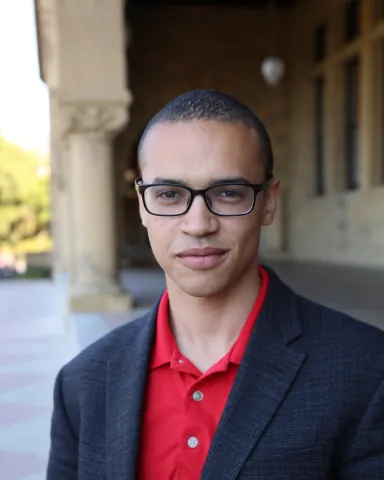
Alex Ugorji

My journey into the field of education started in Shanghai, China. I was a young undergraduate interning at a consulting firm, Parthenon—Ernst & Young. It was during this internship that I was first exposed to China’s vast education ‘industry.’ I say ‘industry’ because education in China is very much an enterprise. Unfortunately, as is often the case with commodification, China’s education industry has a tendency to sacrifice quality and service in exchange for profit. As I worked on more projects and met more students, I became increasingly frustrated with the status quo. Because of this, I decided to implement the change I desired to see and began freelance education consulting.
The impact I was able to make on my students’ lives, as well as the high demand, convinced me to pursue education full time. Soon after obtaining my bachelor's degree in international politics and economics, I moved across the world to work full time as an education consultant. Although I was making a difference, I felt my lack of a formal education background hindered my impact potential. Working in the industry and reading the relevant literature is helpful, but pales in comparison to a formal education from the world’s leading experts in the field. Thus, I decided to pursue a graduate degree in education.
Out of the several programs that accepted to, Stanford’s International Education Policy Analysis (IEPA) program stood out. For someone who wants to disrupt the Chinese education sector, the program’s international orientation was deeply appealing. Likewise, learning the quantitative tools and theoretical background to create, analyze and implement international education policies was exactly what I was looking for.
After finishing the program, I can say with confidence that Stanford’s IEPA program was the right choice. While at Stanford, I was able to meet and work with some of the brightest minds in international education, including one of the world’s top Chinese education researchers. I was also able to establish relationships with the owner of one of China’s international school chains, an executive from China’s most prestigious English competitions, as well as numerous other leaders of industry. Beyond the relationships I made, I was also able to take a diverse array of classes pertinent to my career goals. I am especially grateful that the program gave me the flexibility to take machine learning and business school classes, in addition to my education theory, practice, and research classes.
Currently, I am preparing to move back to Asia to continue to grow and share my expertise. I look forward to using what I’ve learned during my time at Stanford to give back to the community and make a difference in the lives of others.
